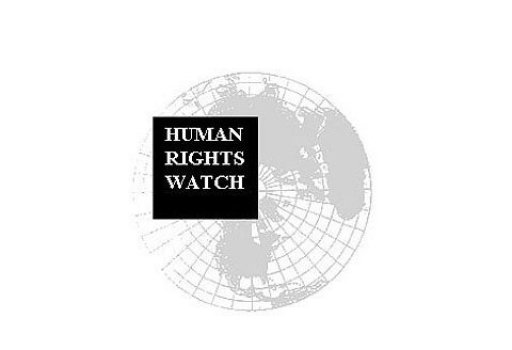CAIRO: Islamists claimed Wednesday they were headed for victory in the opening phase of the country’s first post-revolution election after two days of peaceful polling that won international plaudits.
The Freedom and Justice Party (FJP), a front for the Muslim Brotherhood, a moderate group persecuted and banned during the 30-year rule of president Hosni Mubarak, said they were leading in preliminary results.
"From the start of the voting process until now (around 0930 GMT), preliminary results show the Freedom and Justice party list ahead," an FJP statement said, without giving figures.
In a surprise trend that will alarm secular liberals and the country’s minority Christian community, the FJP also claimed that the Al-Nour movement, whose members are hardline Islamists who follow the strict Salafi brand of Islam, was in second place.
On Monday and Tuesday, millions of Egyptians embraced their new democratic freedoms, filing into polling stations in the capital Cairo and second-city Alexandria for the first phase of multi-stage parliamentary elections.
The results to be published on Wednesday only cover those areas that voted — a third of constituencies — but they will show the trends likely to shape a country that has not had a free election in 60 years.
The Muslim Brotherhood, a group at pains to stress its religious tolerance during campaigning, earned respect and recognition among many Egyptians for its opposition to Mubarak and its extensive charitable work.
Many of the new political parties which have emerged in the post-Mubarak era are unknown to voters and the secular pro-democracy movements that helped overthrow the dictator is divided and disorganized.
"The real surprise is not if the Muslim Brotherhood wins, the real surprise is if it does not win," wrote commentator Tariq Al-Hamid in the pan-Arab newspaper Asharq Al-Awsat earlier in the week.
"The Brotherhood is a powerful force because it works day and night, on the ground and not through social networking sites," he added, in a swipe at the noisy liberals active on Twitter.
In Tunisia, the origin of the Arab Spring movement that has seen pro-democracy uprising across the region, a moderate Islamist party won the first free election. Morocco’s recent vote produced a similar result.
FJP vice president Essam Al-Erian told AFP on Monday that the world should accept political Islam without fear of it being incompatible with democratic principles such as pluralism, the rule of law and good governance.
"Islamic culture is compatible with democratic principles. Arabs have their own culture, and Islam its own civilisation," he said.
The vote on Monday and Tuesday in Cairo and Alexandria and other areas was the first of three stages of an election for a new lower house of parliament. The rest of the country follows next month and in January.
After each round there will be a run-off vote, and then a further three rounds of voting for the upper house of parliament from January. The schedule and fiendishly complex voting system have been widely criticized.
Voters were asked to cast two ballots in the election — one for two individual candidates and another for a party or coalition.
The results on Wednesday will be final for the individual candidates — who will go into a run-off vote next week unless someone wins a majority outright — and preliminary figures for the party lists.
Turnout for the vote was high, with long queues forming before polling stations opened on Monday morning. A member of the interim military leadership has forecast 70 percent of voters exercised their right.
The US State Department spoke of the "success" of the start of the election, while UN Secretary General Ban Ki-moon sent his congratulations for the "generally calm and orderly" conduct of the poll.
The backdrop to the vote had been ominous after a week of protests calling for the resignation of the ruling Supreme Council of the Armed Forces, which stepped in after Mubarak quit. Forty-two people were killed and more than 3,000 injured.
Analysts warn that the country faces huge challenges ahead in its long, complicated and uncertain transition to democracy that is scheduled to finish only in June next year under the current timetable.
Once two houses of parliament are elected by March after six rounds of voting across the country, a new constitution must be drawn up and a president elected.
There are also concerns about whether the new army leaders are prepared to hand over their powers to a civilian government.

